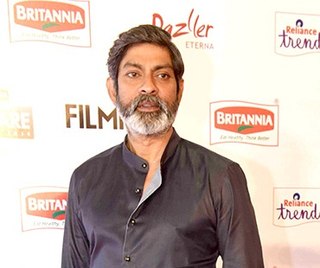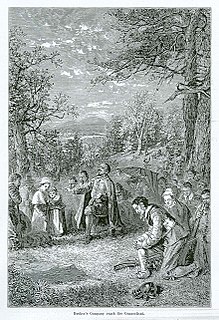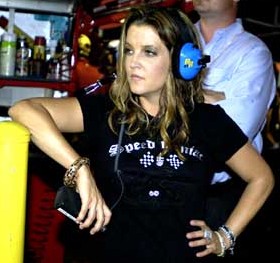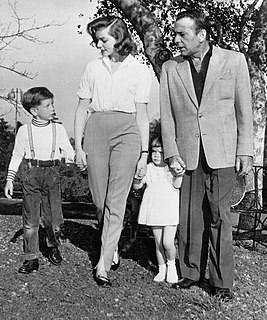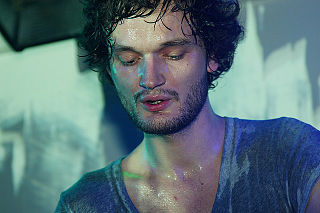A Quote by Daniel Day-Lewis
Related Quotes
I have a lot of special memories with my parents but my toughest one is, I had, as a teenager, a pretty insatiable appetite for beer. The first time I got drunk my father found me throwing up in the bathroom. I was 15, maybe 16, and the disappointment in his voice, I can hear it to this day, and the sorrow that that brought to him. He just felt like a failure as a father, and Id give anything to take that day back because that was so hard on him. In time, my life got better, and his did too, but that was really memorable, one of those memories Id like to forget.
When the father is going on in his journey, if the child will not goe on, but stands gaping upon vanity, and when the father calls, he comes not, the onely way is this: the father steps aside behind a bush, and then the child runs and cries, and if he gets his father againe, he forsakes all his trifles, and walkes on more faster and more cheerefully with his father than ever.








